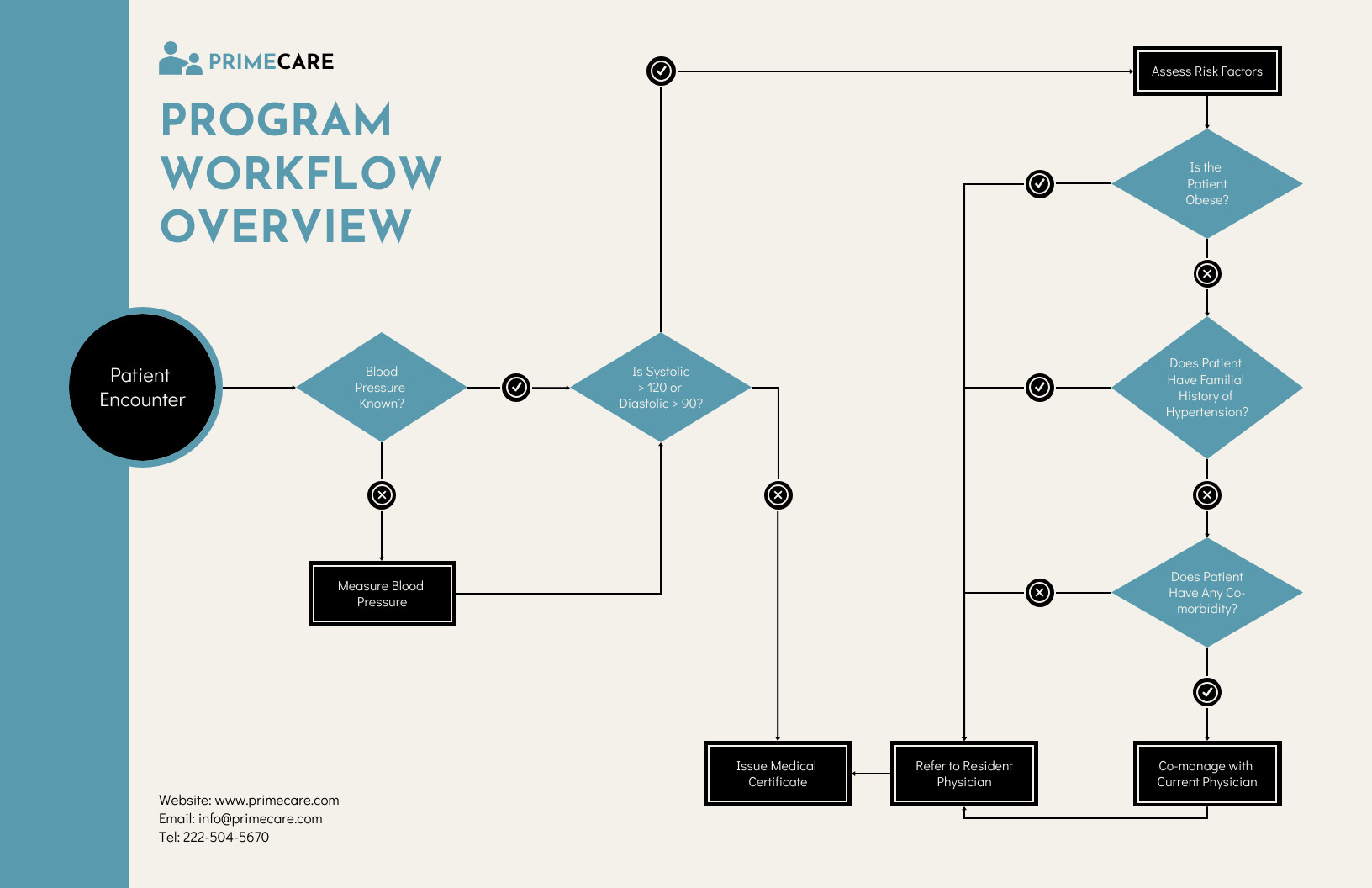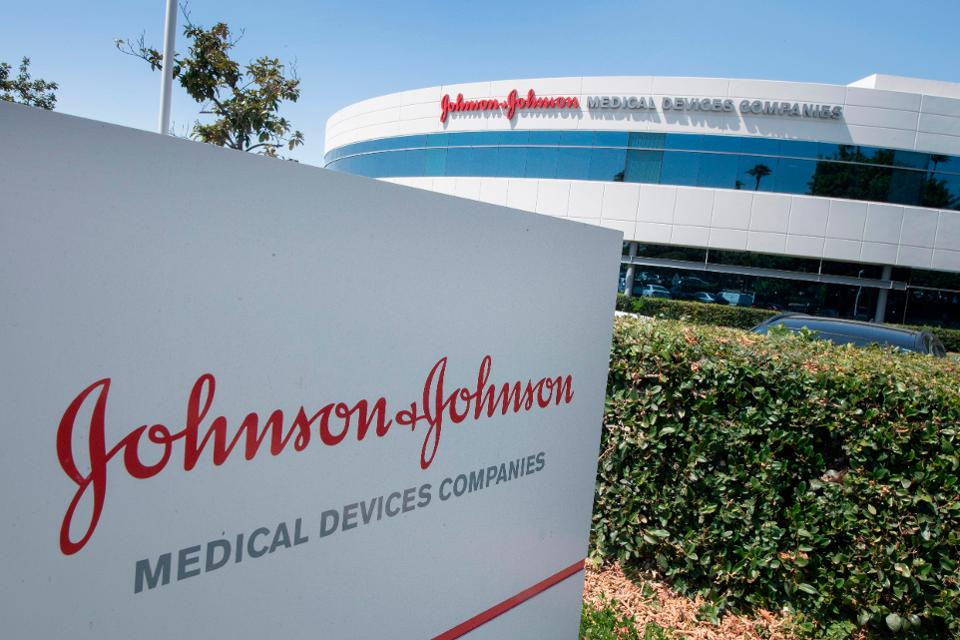The global Clinical Workflow Solutions Market is experiencing unprecedented growth, driven by increasing demand for streamlined healthcare processes and improved patient care. Valued at USD 9.3 billion in 2022, this dynamic market is projected to soar to USD 37.9 billion by 2032, with a remarkable compound annual growth rate (CAGR) of 15.3% from 2023 to 2032. This surge highlights a transformative shift in how healthcare institutions approach clinical workflows, integrating advanced technologies to enhance efficiency and patient outcomes.
Unveiling Clinical Workflow Solutions
Clinical workflow solutions encompass a broad spectrum of integrated systems and technologies designed to optimize various healthcare processes. These solutions are pivotal in simplifying and enhancing procedures within clinical environments, ultimately improving patient care efficiency and effectiveness.
What Are Clinical Workflow Solutions?
The core components of these solutions include Electronic Health Records (EHR) management, appointment scheduling, task automation, and real-time data transmission. These systems facilitate seamless communication, collaboration, and coordination among healthcare professionals, administrators, and support staff. By leveraging sophisticated tools and software, clinical workflow solutions address critical challenges in healthcare settings, including data management, process inefficiencies, and communication gaps.
Market Drivers and Trends
Several key factors are fueling the rapid growth of the clinical workflow solutions market:
- Increasing Prevalence of Chronic Diseases: The rising incidence of chronic diseases like diabetes, heart disease, and cancer necessitates efficient healthcare delivery systems, driving the demand for robust clinical workflow solutions to manage patient care effectively.
- Technological Advancements: Innovations in areas such as artificial intelligence (AI), machine learning, and cloud computing are transforming clinical workflows. AI-powered tools, for instance, can automate tasks, enhance diagnosis accuracy, and personalize treatment plans.
- Value-Based Care Models: The shift towards value-based care models, which prioritize patient outcomes and cost-effectiveness, is driving the adoption of clinical workflow solutions. These solutions help healthcare providers streamline processes, improve efficiency, and optimize resource allocation, contributing to better patient outcomes and reduced costs.
- Growing Demand for Population Health Management: As healthcare systems move towards managing the health of entire populations, clinical workflow solutions play a crucial role in enabling effective population health management strategies. These solutions facilitate data aggregation, analysis, and intervention programs, enabling healthcare providers to identify high-risk individuals, intervene proactively, and improve overall health outcomes.
- Increasing Adoption of Precision Medicine: The rise of precision medicine, which tailors treatments based on individual patient characteristics, relies heavily on advanced clinical workflow solutions. These solutions enable the collection, analysis, and integration of diverse patient data, supporting personalized treatment plans and improving the effectiveness of therapies.
Market Challenges and Restraints
Despite the promising growth prospects, the clinical workflow solutions market faces several challenges:
- Interoperability and Data Exchange Issues: Integrating data from various systems and platforms can be a significant challenge, hindering the seamless flow of information and impacting the effectiveness of clinical workflow solutions.
- Security Concerns: Protecting sensitive patient data is paramount, and security breaches can pose a significant risk to the adoption of clinical workflow solutions. Robust security measures and compliance with regulations are essential for building trust and ensuring data integrity.
- High Implementation Costs: Implementing clinical workflow solutions can be expensive, requiring significant investments in hardware, software, training, and ongoing maintenance. This can be a barrier for some healthcare providers, especially smaller clinics and facilities.
- Resistance to Change: Healthcare professionals may be hesitant to adopt new technologies, preferring familiar methods. Overcoming this resistance requires effective training, communication, and demonstrating the tangible benefits of using clinical workflow solutions.
Market Opportunities
The clinical workflow solutions market presents several opportunities for growth and innovation:
- Integration with Telehealth and Remote Care: The increasing adoption of telehealth and remote care services presents opportunities for clinical workflow solutions to enhance virtual communication and collaboration among healthcare providers and patients.
- Development of Specialized Solutions for Specific Disease Areas: Tailoring clinical workflow solutions to specific diseases, such as diabetes or oncology, can provide targeted functionalities and improve patient care outcomes in those areas.
- Artificial Intelligence (AI) and Machine Learning (ML) Integration: Integrating AI and ML technologies can further automate tasks, enhance data analysis, and personalize patient care, creating new opportunities for innovation in clinical workflow solutions.
Regional Insights
The clinical workflow solutions market is witnessing varied growth across different regions:
- North America: North America is expected to dominate the market, driven by the high adoption of advanced technologies and the presence of leading healthcare providers. The region has a mature healthcare infrastructure and significant investments in digital healthcare initiatives, which are driving the demand for clinical workflow solutions.
- Europe: Europe is another significant market for clinical workflow solutions, with a growing focus on improving healthcare efficiency and patient outcomes. The region is witnessing the adoption of electronic health records (EHRs) and other digital tools, fueling the demand for comprehensive clinical workflow solutions.
- Asia Pacific: The Asia Pacific region is experiencing rapid growth in the clinical workflow solutions market, driven by factors such as rising healthcare spending, increasing prevalence of chronic diseases, and government initiatives to modernize healthcare systems. The region presents significant opportunities for market expansion in the coming years.
Competitive Landscape
The competitive landscape of the clinical workflow solutions market includes several key players:
- Allscripts Healthcare Solutions Inc.
- Ascom Holding AG
- Cerner Corporation
- Cisco Systems Inc.
- GE Healthcare
- Hill-Rom Holdings Inc.
- Infor Inc.
- Koninklijke Philips NV
- McKesson Corporation
- Stanley Black and Decker Inc.
- NXGN Management LLC
- Spok Inc.
- AMETEK Inc.
- Vocera Communications Inc.
- Capsule Technologies Inc.
- Veradigm Inc.
- NEXTGEN HEALTHCARE INC.
- Baxter International Inc.
- Athenahealth Inc.
- STANLEY Healthcare
- AZURE HEALTHCARE
- Gestalt Diagnostics LLC
- Xoran Technologies LLC
- PatientKeeper
- Smart Data Solutions
- Inpeco
- Aiforia Technologies Oyj
- Checkit plc
- EmOpti
- Healthcare Control Systems
- Keena Healthcare Technology
- Laurel Bridge Software Inc.
- Medtronic plc
- Siemens Healthineers
- Becton, Dickinson and Company
These companies are focusing on strategic partnerships, mergers and acquisitions, and continuous innovation to strengthen their market position and meet the evolving needs of healthcare providers.
The Future is Now
The clinical workflow solutions market is poised for substantial growth, driven by technological advancements, increasing demand for efficient healthcare delivery, and the need for improved patient care. As healthcare organizations continue to prioritize integration and automation, the adoption of clinical workflow solutions will become increasingly prevalent, shaping the future of healthcare delivery.
For healthcare providers seeking to optimize clinical workflows, enhance patient care, and improve operational efficiency, adopting robust clinical workflow solutions is no longer a choice but a necessity. These solutions have the power to transform healthcare, enabling providers to deliver better care, manage resources effectively, and navigate the evolving landscape of healthcare delivery. The future of healthcare is undoubtedly driven by innovation, and clinical workflow solutions are at the forefront of this transformation.


















